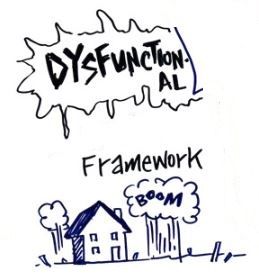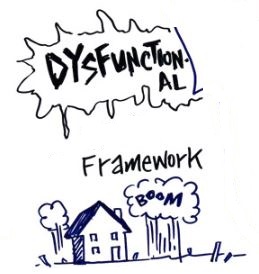Could Collective Bargaining and Cooperative Societies be the solution to the mortgage crisis?

In the most recent, and high-profile, mortgage sale, Permanent TSB this week announced its intention to sell 14,000 non-performing mortgage loans. Some commentators have suggested that, instead of selling these loans, that individual borrowers be allowed to ‘make a deal’ with the lender to buy the loan at the intended sale price. However, this solution is too simplistic.
- First, it takes no account of the fact that these loans are now deemed not performing and, therefore, classified as a bad debt on Permanent TSB’s accounts – they want rid of them fast.
- Second, the administration costs to the lender of entering into 14,000 reduced loan agreements, rather than one large-scale loan transfer, are likely to be prohibitively expensive – Permanent TSB is a business with obligations to its shareholders to maximise returns.
- Third, and most importantly of all, it presumes that borrowers in late stage mortgage arrears with impaired credit histories can access finance to buy out the loan at the reduced amount. Were credit to be made available to these borrowers, it would likely be at high cost or ‘subprime’ level. In order to make this work, borrowers would need to come together in numbers to arrange bulk financing from mainstream lenders, having first agreed the necessary write-down from permanent TSB, in a type of ‘collective bargaining’ arrangement. While this would require high levels of organisation from likely highly-stressed borrowers trying to manage families and the psycho-social effects of their financial difficulties, it is not impossible.
Government could step in to impose pre-conditions on loan sales, particularly by entities of which the State is a majority shareholder, one of which would be to explore collective agreements with affected borrowers.
Another solution may be that proposed by the Master of the High Court, in the National Housing Co-operative and Fair Mortgage Bill being lodged today, to establish a national housing co-operative allowing borrowers with distressed mortgages to avail of the mortgage-to-rent model. Social Justice Ireland suggests that the proposed remit of this co-operative society be extended to provide affordable, sustainable finance for borrowers who could buy out their mortgage loans at a discounted rate and retain ownership of their homes for future generations.
What is clear is that the continued use by Government of private entities to deal with public problems is not working. Exporting ‘distressed mortgages’ simply creates even more distressed people. Government must look for a solution that supports and protects homes and families and affords them their full rights under EU and national consumer law.
Social Justice Ireland's analysis of housing in Ireland, contained in our 2017 Socio-Economic Review entitled: A New Social Contract for a New Century may be accessed here.
